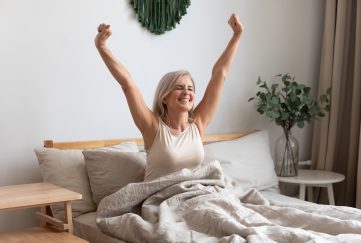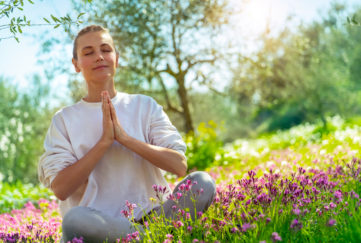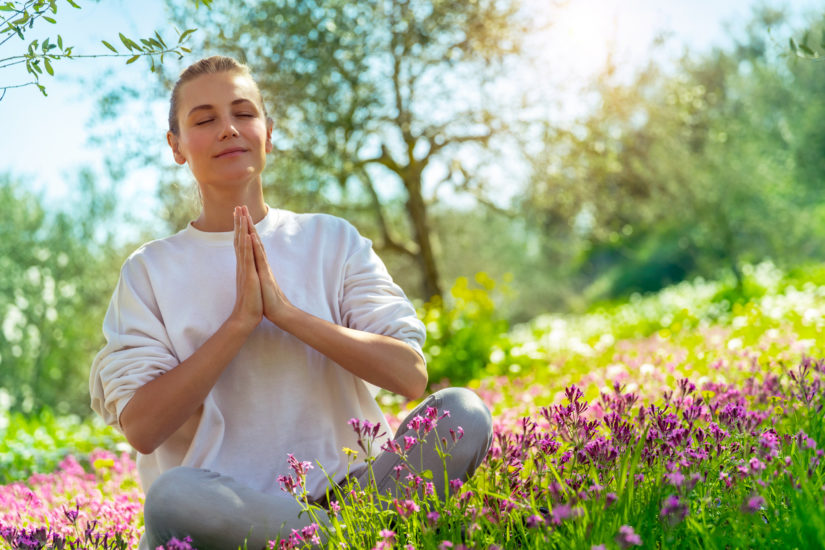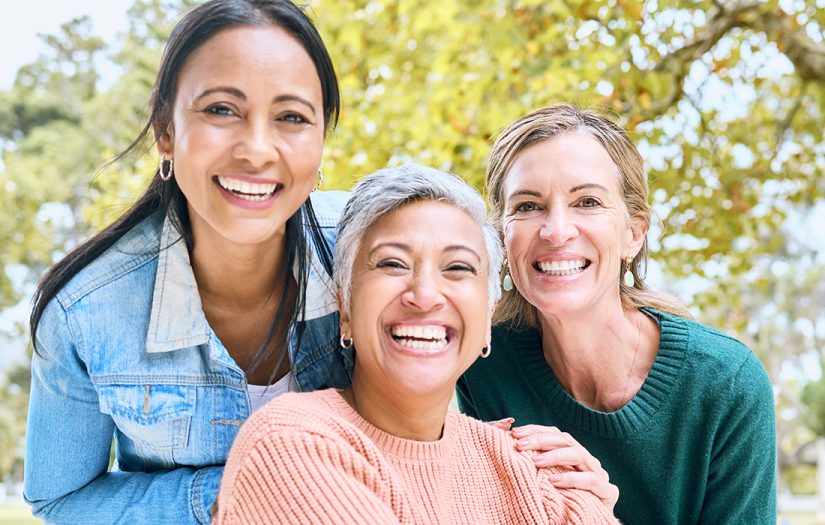How To Get A Good Night’s Sleep
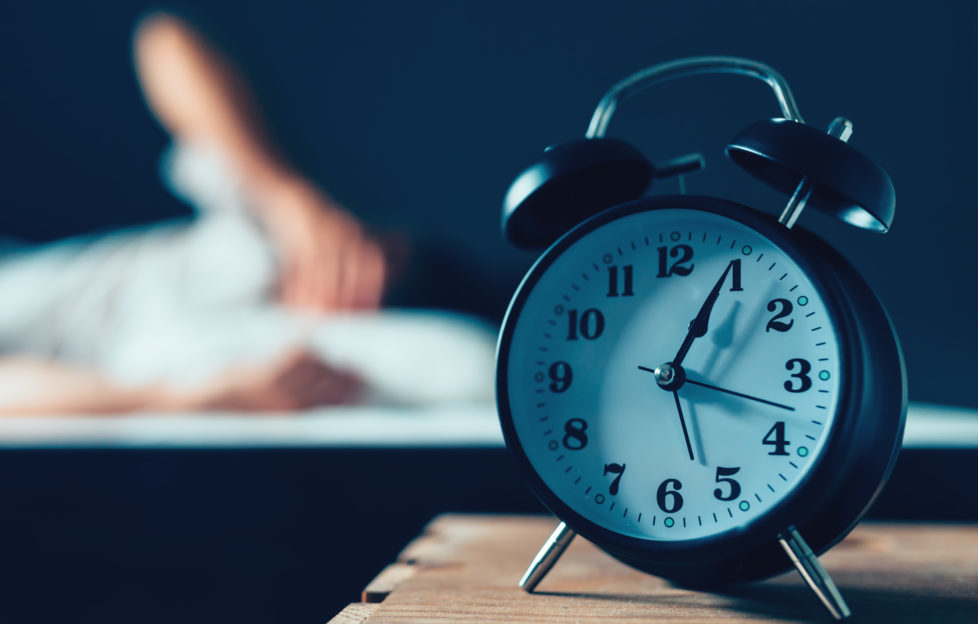
Are you struggling to get a good night’s sleep during this period of coronavirus isolation?
It’s estimated that one in three of us have trouble sleeping under normal conditions, but anxiety around the current situation could make be making it worse.
While we can’t promise to help with that, we do have some easy-to-follow instructions that could ensure you’re never awake before the dawn chorus again:
- Don’t use your phone as an alarm clock. Switch your mobile off at bedtime, and keep all your tech out of the bedroom. That way you won’t be tempted to check messages/the internet/look at your photos/play games if you do wake up during the night.
- Look at where you’re sleeping. Is your bed comfy? Is the room at a temperature you feel comfortable with? Making sure the room is dark and quiet, and using ear-plugs, an eye mask or blackout blinds may be helpful.
- Avoid eating big meals late in the evening. If your digestive system is awake, you will be too!
- Lavender is said to have sleep-inducing qualities. Aromatherapy sachets, pot-pourri, sleep pillows are all worth a shot!
- Turn all screens off at least an hour before you retire for the night.
- Even gentle exercise during the day can help you sleep better. Make sure to make the most of the one hour of outdoor time we’re all allowed at the moment. Just not too close to bedtime.
- Get into a routine of going to bed and getting up at the same time every day, even at weekends.
- Try to wind down for at least an hour before bed. Have a warm bath, a milky drink, read, or listen to relaxing music.
- Cut down on caffeine, alcohol and nicotine, and avoid them altogether near bedtime. Consider swapping to decaf coffee. And try chamomile tea — it can help stress and anxiety, as well as sleeplessness.
- Don’t nap during the day, even if you’re weary. And avoid sleeping in after a bad night, or the cycle could continue.
A good night’s sleep is so important to set us up for the day. It can have positive effects on energy and concentrations, as well as mood.
Follow some of these tips, and you just might manage to bring some normality back into life during these strange times!
For more health advice from “The People’s Friend”, click here.



